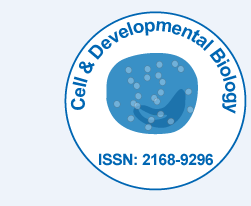
Cell & Developmental Biology
Open Access
ISSN: 2168-9296

ISSN: 2168-9296
Research Article: Cell & Developmental Biology
Research Article: Cell & Developmental Biology
Research Article: Cell & Developmental Biology
Research Article: Cell & Developmental Biology
Research Article: Cell & Developmental Biology
Scientific Tracks Abstracts: Journal of Cell Science & Therapy
Scientific Tracks Abstracts: Journal of Cell Science & Therapy